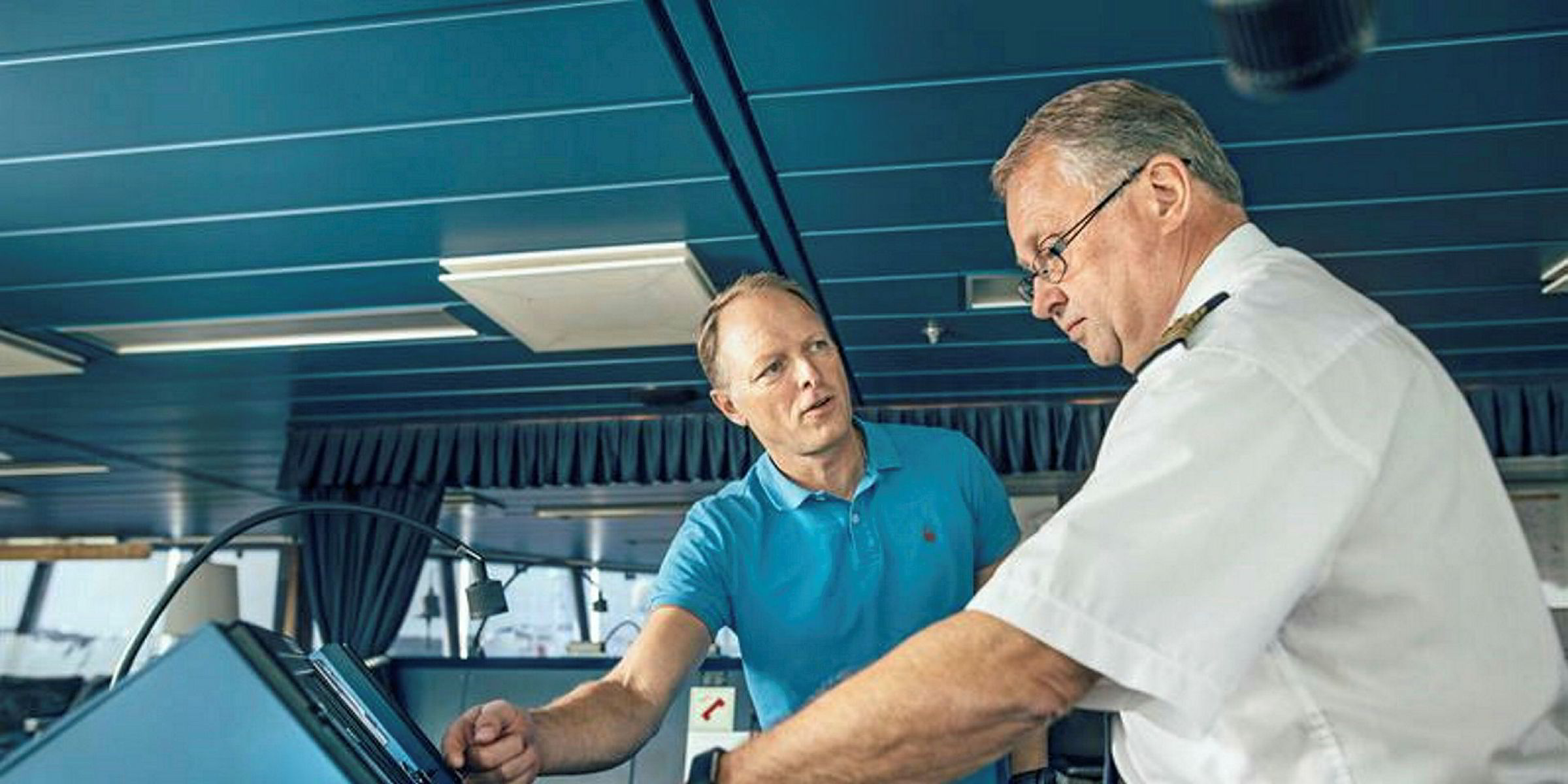Sweden's Stena Line is testing an artificial intelligence (AI) system to predict the most fuel-efficient operation for specific routes.
The move is a central part of its efforts to reduce bunker consumption and minimise environmental impact, it said.
The pilot study is taking place with the help of Japanese technology company Hitachi.
A model is being developed for the 58,000-gt ro-pax Stena Scandinavica (built 2003) to support the captain and officers on fuel consumption choices between Gothenburg and Kiel.
If successful it will make an important contribution to Stena Line’s sustainability target to reduce fuel consumption by 2.5 % annually.
AI planned for whole fleet
“The model simulates many different scenarios before suggesting the most optimal route and performance setup. With the help of AI we are able to consider a number of variables, such as currents, weather conditions, shallow water and speed through water, in various combinations which would be impossible to do manually,” said Lars Carlsson, head of AI at Stena Line.
The vessel's master Jan Sjostrom said; “Since we are helping the AI to evolve, we might be assisting the AI more than we are at the moment, but it is a very exciting and rewarding process. We’ve been making adjustments to the model after each trip for about four weeks and it is amazing to see how quickly it is learning.”
Stena Line is working towards providing AI assistance for the whole fleet of 38 ships in 2021.
The pilot should be completed by the end of this year.



